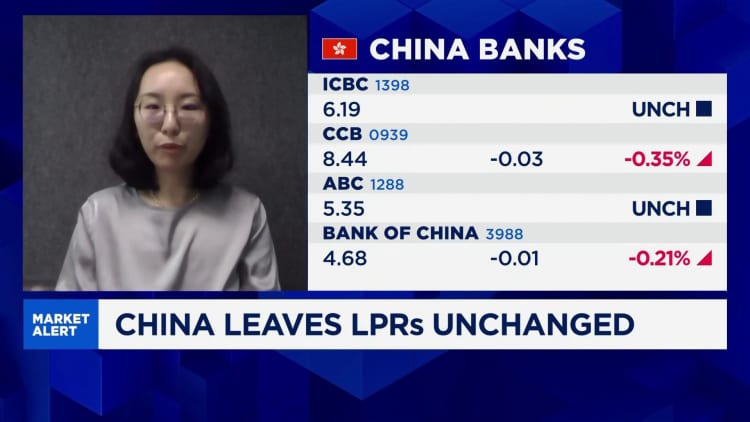URGENT UPDATE: A new study reveals that China’s affluent are more pessimistic about the economy now than they were during the Covid-19 pandemic. Consulting firm Oliver Wyman reports that 22% of wealthy respondents expressed negative views on the economy in May 2023, surpassing the 21% recorded just before Beijing eased its strict zero-Covid policy in October 2022.
This alarming sentiment shift highlights a significant decline in economic confidence among the nation’s wealthiest, with long-term worries impacting spending habits. Imke Wouters, a partner at Oliver Wyman, emphasized that financial uncertainty is altering how affluent individuals approach their finances. “If you think, ‘I’m not having a good financial situation now,’ your spending, saving patterns will be very different,” she explained.
As China grapples with slowing retail sales and persistent deflationary pressure, the mood among affluent households has soured. The report indicates that sliding property prices, a major component of household wealth, are contributing to this negative outlook. The survey, conducted from May 16 to 27, involved 2,000 households with a monthly income exceeding 30,000 yuan (approximately $4,180).
Young people aged 18 to 28 are particularly affected, showing the greatest pessimism among the surveyed age groups. Their unemployment rate remains in the mid-teens, while the overall jobless rate is around 5%. In contrast, individuals aged 29 to 44 exhibit more optimism, likely due to greater wealth accumulation and job stability.
The Chinese consumer confidence index has been low since plummeting to a record 85 in November 2022. The latest reading was 88 as of May 2023, according to the National Bureau of Statistics. Many feel discouraged by perceived inequalities, which have surged to become the top reason for poverty in the country.
Despite this negativity towards the economy, affluent Chinese are increasingly eager to travel internationally. Oliver Wyman predicts that 37% of wealthy individuals will travel abroad this year, up from 32% in 2019. A staggering 27% have already made trips, with an additional 10% expected to follow suit later this year. However, many are opting for closer destinations like Malaysia and Japan, rather than returning to pre-pandemic hotspots such as the United States.
This development underscores a critical shift in consumer behavior among China’s affluent, indicating a desire to “enjoy the moment” despite economic uncertainties. The implications of this sentiment are profound, as it could reshape spending patterns and economic recovery in the coming months. Stay tuned for more updates as this story develops.
